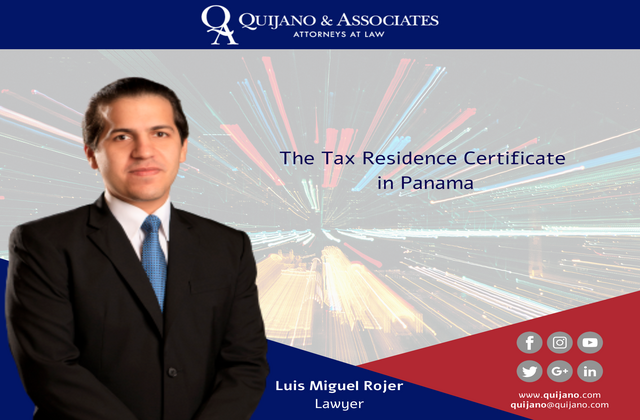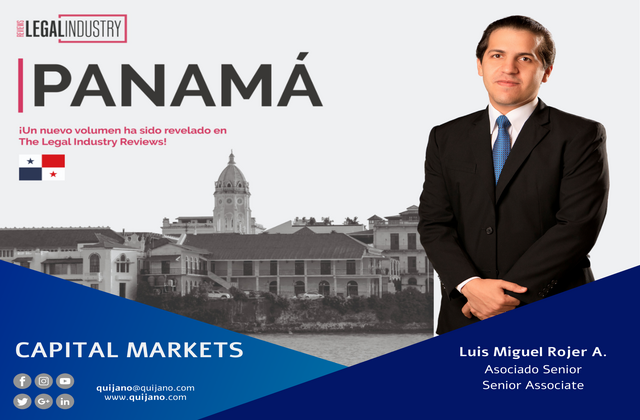The Tax Residence Certificate in Panama

The new displacement of citizens and the new form of professional and family relationships have led states to consider certain requirements and affiliations for the verification of tax residency. Also, the pandemic has made remote work one of the most popular forms of work, minimizing the physical location where workers are located.
Finally, with globalization, it is increasingly common for a person to be born and live in one country, but then migrate, work, and do business in another. Panama is a country with an outstanding characteristic of promoting foreign investment, becoming an international market where companies and citizens from several countries meet, which makes it necessary to update their tax system.
This is why Panama currently has several agreements in force and periodically reviews future agreements on tax matters. In this sense, our law provides for the possibility of obtaining a tax residence certificate, which must then be presented and recognized by the country where it is required to avoid double taxation.
What is tax residence? Tax residence is the country in which a natural person or legal entity is considered resident for tax purposes. In Panama it is necessary to make the corresponding application to the General Directorate of Revenue to obtain what is known as a Tax Residency Certificate, which applies to residents with whom Panama has signed an agreement to avoid double taxation. In general, the law classifies them as follows:
Natural Person: That natural person who has been in the territory of Panama for 183 consecutive or alternate days and has permanently settled in the Republic of Panama.
Legal Entities: persons constituted under the laws of Panama and whose administration and government measures are located in the territory of Panama. In order to prove their tax residence, natural person and legal entities must prove their tax residence based on the evidence established and prescribed by the competent authority.
The interested parties must submit to the General Revenue Directorate the following documents:
A written petition as to why he/she should be considered a tax resident of the Republic of Panama detailing the following:
1. Clear and unequivocal identification of the applicant.
2. Domicile in the Republic of Panama.
3. The economic activity carried out in the Republic of Panama.
4. Specification of the agreement or agreement to avoid double taxation.
5. Fiscal year for which the tax residence certificate is required.
6. Power of attorney in favor of the legal representative.
7. Original certificate of the public registry, in the case of a legal entity.
8. Copy of identity card or complete passport of the person from whom the tax residence certificate will
be requested, in the case of natural persons. The passport must be duly authenticated before a notary
public.
9. Nationals must also provide a copy of their passport.
10. Copy of the legal representative’s full identity card or passport, duly authenticated before a notary, in
the case of legal
entities.
11. Other corresponding proofs.
It is very important that the applicant can submit those additional documents that support the arguments and motives detailed in the application written petition. Such as:
1. Copy of the lease contract, by means of which the applicant’s address in the Republic of Panama is proved and/or copy of the Public Deed that accredits him/her as holder of a real estate.
2. Proof of receipts of payment of the public services (water, light and/or telephone), by means of which it is demonstrated that in effect the applicant makes use of the commercial premises, offices or housing indicated in the written petition of request.
3. Copy of the sworn statement of the Income Tax of the fiscal year requested.
4. Copy of the Notice of Operation, in case of legal entities.
5. Copy of the payroll of employees of the company, in the case of legal entities or business owners in their personal capacity.




